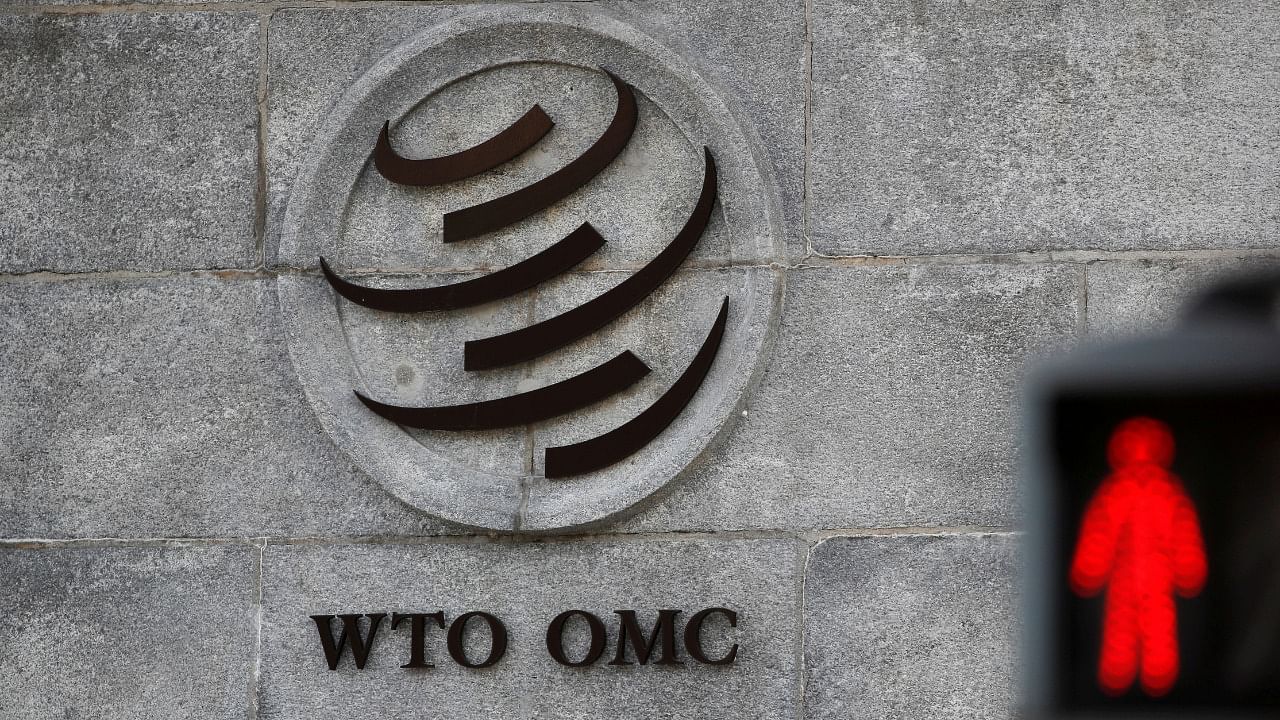
In another move to counter the proposal by India and South Africa for waiving off the Intellectual Property Rights protection on anti-Covid-19 drugs and vaccines, the European Union on Monday presented a draft declaration, stressing the use of compulsory licensing and other flexibilities already provided within the TRIPS agreement’s framework.
The draft of the declaration presented by the EU is based on its June 4 proposal, which relied on measures already available within the framework of the Agreement on Trade Related Aspects of Intellectual Property Rights (TRIPS).
It signalled the EU’s intent to continue opposing the proposal mooted by India and South Africa in October 2020 for an IPR protection waiver for at least three years to ensure equitable access for all nations to the anti-Covid-19 drugs, vaccines and other medical tools required to contain the pandemic.
The EU wants the WTO members to agree that the TRIPS Agreement does not and should not prevent them from taking measures to protect public health.
It also wants them to reiterate their commitment to the TRIPS Agreement and affirm that the pact can and should be interpreted and implemented in a manner supportive of their right to protect public health and, in particular, to promote access to vaccines and medicines for all.
The EU presented the draft proposal even as the WTO TRIPS Council recently agreed to commence negotiation on the text of the waiver proposed by India and South Africa and now co-sponsored by 61 other nations.
An informal meeting on June 17 made it clear that differences over the proposal still persisted, although the members of the council agreed to hold a series of informal consultations among themselves over the next few weeks and to formally meet on July 20 to review the progress and prepare a report to be presented to the WTO General Council.
The negotiation on the proposal by India and South Africa, however, is likely to be a long-drawn-out process as the WTO TRIPS council will discuss the EU’s June 4 counter-proposal too.
Several international organisations campaigning for equitable access to anti-Covid-19 drugs and vaccines slammed the EU for its attempt to slow down the negotiation.
“We fail to see how the @EU_Commission communication (the draft declaration) to the @WTO TRIPS Council on the #TRIPSwaiver contributes to text-based negotiations, other than seeding confusion & (and) slowing progress,” tweeted the Health Action International (HAI), which is based in Amsterdam. It called upon the EU member states to break ranks and raise voices in support of the proposal moved by India and South Africa.
The Medicines Sans Frontier (MSF) also denounced the EU as well as Switzerland, Norway and the United Kingdom for employing delay tactics instead of agreeing to start formal negotiations on this critical waiver at a time when the Covid-19 had already killed more than 3.5 million people around the world and stark inequities in access to medical tools required to contain the pandemic had come to the fore.
The MSF stated that while it had long advocated for the use of compulsory licensing as needed to ensure countries benefit from the price-lowering effect of competition among generic producers to increase access to essential medicines, this route was not efficient during pandemics, as legal obstacles, pressure from pharmaceutical corporations and red tape would make it too cumbersome, slow and complicated to address challenges.
The waiver proposed by India and South Africa would on the other hand provide countries with an effective and expeditious way to remove key IP barriers in advance, rather than wait for barriers to hit and then scramble into action, argued the MSF.
